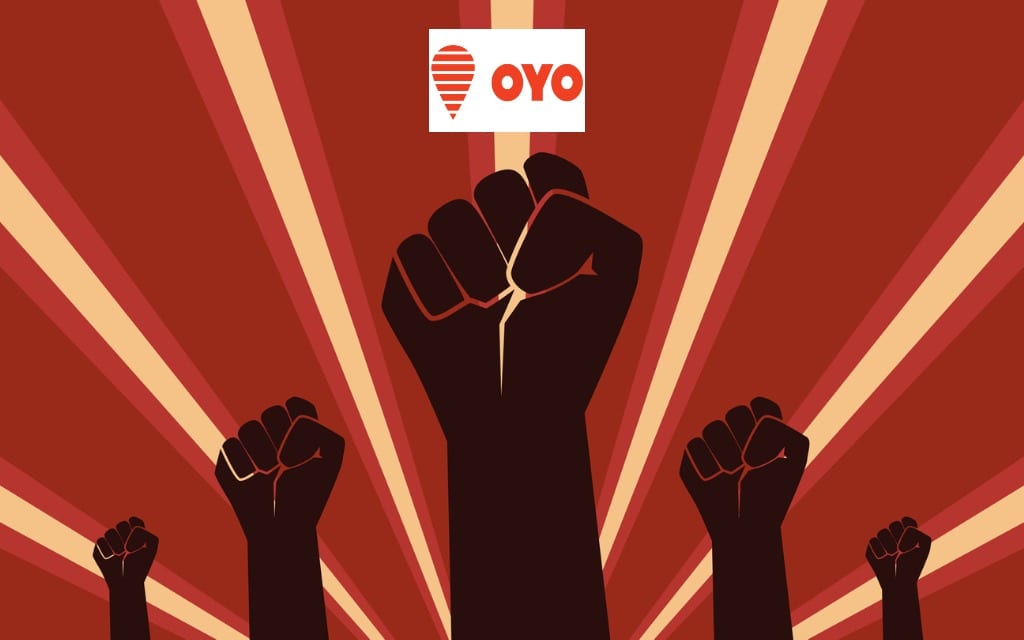It has been over a week now since the news of OYO’s $1 billion round and ascent to unicorn status became official. This is a huge accomplishment for Ritesh and the entire Indian start-up ecosystem as the new round’s purpose is primarily to expand OYO’s reach outside India, something very few Indian start-ups can boast of. I expressed the enormity of this moment in a quote to Ananya Bhattacharya of QZ.com.
OYO’s journey smashed many myths that founders, investors and journalists hold strongly about start-ups. I took the last week to decide the 5 most common myths that can be done away with, for good.
1. The first-round valuation is important to set the floor for later rounds
OYO’s starting valuation of less than 3 crores was not an obstacle in its journey to become the 2nd most valuable Indian startup. The important thing is that Ritesh was able to EXECUTE the plans and ideas that he pitched in his fundraising presentations.
P.S. OYO did well even though we invested in their seed round in tranches… it did not affect any of their growth rounds of equity, obviously!
2. Founders should save equity for later rounds
It is important to note that: 75% of zero, is zero. Unless there are multiple term-sheets being shoved into a founder’s inbox giving him/her stronger negotiation leverage, founders should just focus on raising enough capital to execute the objectives set for the round and investors should provide value-adds besides the capital. Founders that under-raise or hold long drawn-out negotiations for better valuations are doing themselves and their startups a disservice.
3. IITs/IIMs degrees is a pre-requisite for startup success
It is well known that Ritesh did not go to college and got a $100k Thiel Fellowship for choosing entrepreneurship over a college degree. His journey is a testament that even the best education is useless if it cannot be applied in the real world that we live in. I enjoy working with humble founders like Ritesh who; work hard, study hard and are teachable over conceited founders who expect royal treatment for the degree(s) that they hold.
4. Only deep-tech and hi-tech startups get the big bucks or those with a truly unique idea
The real beauty of OYO’s success is the simplicity of its business. Since none of the incumbents were paying attention to the gap in the budget accommodation space, it allowed OYO to swoop in and leave them in the dust. OYO’s initial premise was to provide a clean room, free breakfast and free wifi at an affordable price – that’s all. The execution required hard-core sales and marketing prowess and strong leadership aided by technology, not the other way around.
5. Founders should not pivot or that will destroy their startup
It is important for founders to have a flexible business plan so that they can address the changing needs of their target market. Ritesh pivoted Oravel to OYO rooms, Harsh Shopsense to Fynd and there are many such success stories that started out very differently from where they ended up and they all teach the same lesson – be prepared to change the action if the outcome is not what was expected.
91/2018
[ 500k myths busted! OYO’s $1B round proves execution, flexibility, and simplicity are key to startup success in the global market. ]






